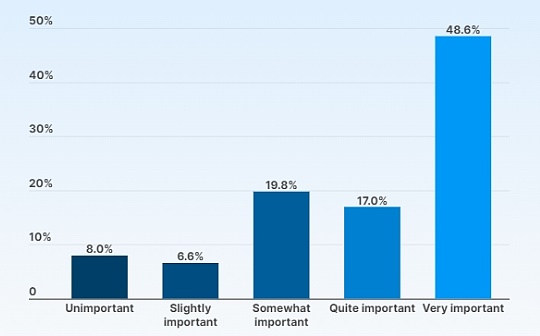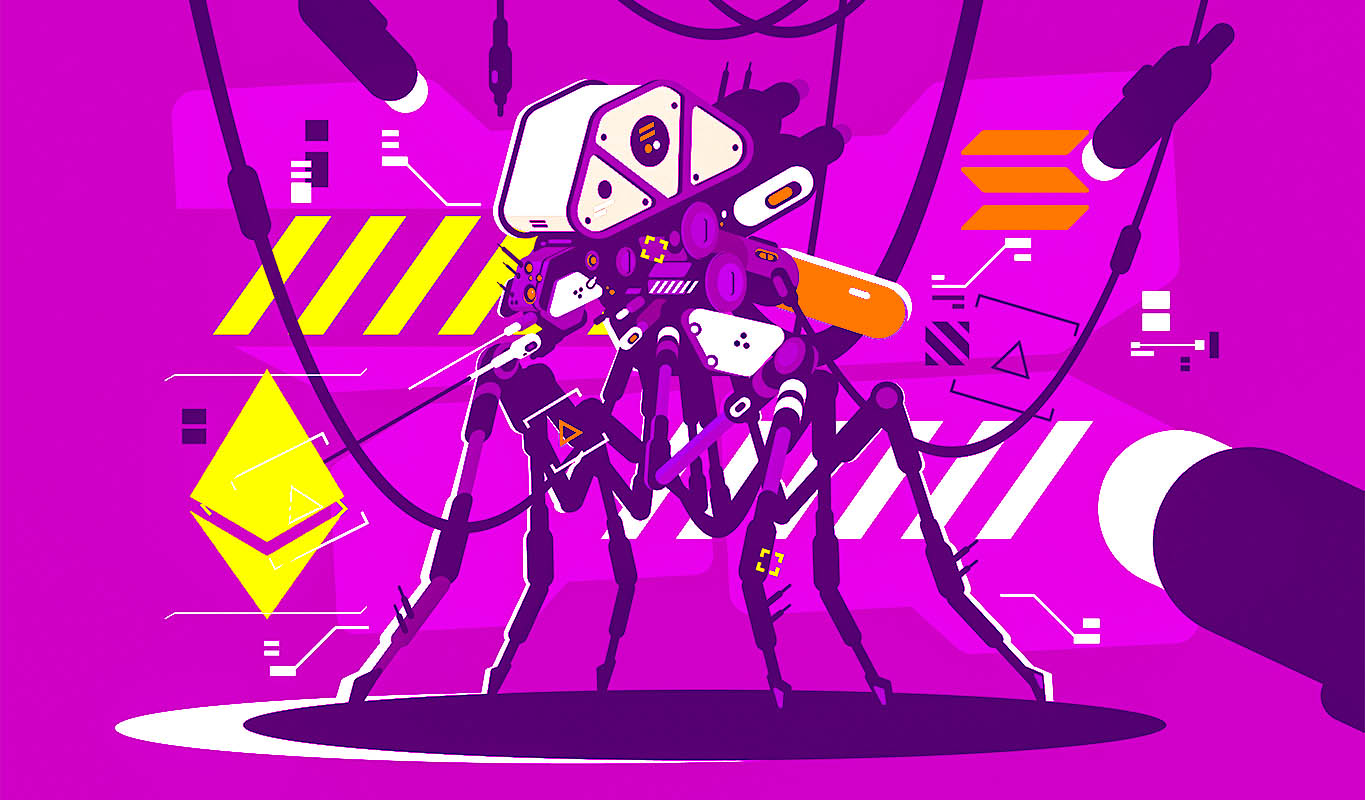Source: Coingecko; compiled by: Wuzhu,
Are people willing to participate in personality proof?
Almost one in every two (48.8% of the survey participants) expressed willingness to participate in the Proof of Personality (PoP) system. The largest proportion of respondents who are fully willing to use personality proofs is 30.3%, which is the most popular group among respondents. Another 18.5% of respondents said they were willing to participate in PoP at least to some extent.
The second mainstream view is neutrality, with 24.7% of respondents saying they are neither willing nor willing to participate in personality proof. In other words, nearly one-quarter of respondents felt uncertain or hesitant about adopting Proof of Personality (PoP) or simply indifferent to it.
The remaining 26.5% of respondents expressed opposition to the use of personality proof, with 16.5% saying they were completely reluctant to participate in such systems and 10.0% saying they were a little reluctant. Although there are both people who are completely opposed to PoP technology and some see its benefits, there are stronger concerns about risks in privacy, inclusion, security, etc.
Do people want to distinguish between humans and artificial intelligence online?
In the same survey, at least three-fifths of people place great importance on being able to distinguish humans from artificial intelligence when interacting online. Specifically, 48.6% (nearly half) of cryptocurrency participants believe it is important to know whether they are interacting with humans or artificial intelligence, while 17.0% of participants believe this is important.
This shows that more and more people are opposed to artificial intelligence impersonating humans or being mistaken for humans in the online world. In other words, this type of person seems to value clear AI disclaimers, such as adding an “automated” account tag to cryptocurrency Twitter to help identify AI agents.
Further, these 65.6% of respondents also seem to value personality proof technology, which can more accurately verify human identity.
However, not all respondents’ perceptions of distinguishing humans from artificial intelligence and their willingness to participate in personality proofs. Only 30.4% of respondents also said that it is important to distinguish between humans and artificial intelligence and are willing or more willing to adopt personality proofs. And 7.5% of respondents believed that it was important to distinguish humans from artificial intelligence, but were neutral on participating personality proofs.
Most notably, 10.8% of respondents believed that it was important to distinguish humans from artificial intelligence, but they themselves were unwilling or relatively unwilling to adopt personality proofs. This may indicate that they are highly skeptical of the effectiveness or safety of personality proof technology, or reflect dissatisfaction with existing personality proof systems.
Not everyone cares about distinguishing between humans and artificial intelligence
Another 19.8% (one in five) of the respondents took a relatively mild stance, believing that it is only a little important for them to distinguish between humans and artificial intelligence online. These people may be more inclined to distinguish humans from artificial intelligence in some cases, but do not consider this the most priority.
6.6% of respondents believe that distinguishing between humans and AI is only a little more important, suggesting that they usually don’t care whether they are interacting with AI or humans.
The remaining 8.0% of respondents do not care about the ability to distinguish between artificial intelligence and humans online. Given that half of this group are reluctant to adopt Proof of Personality (PoP), they are not interested in distinguishing AI from humans because they prioritize online anonymity.
Personality proof participation
According to the survey, the willingness levels of the crypto community participation Proof of Personality (PoP) system are distributed as follows:
When asked how much they value distinguishing between AI and humans online, the same group of respondents expressed the following distribution positions:














No comments yet